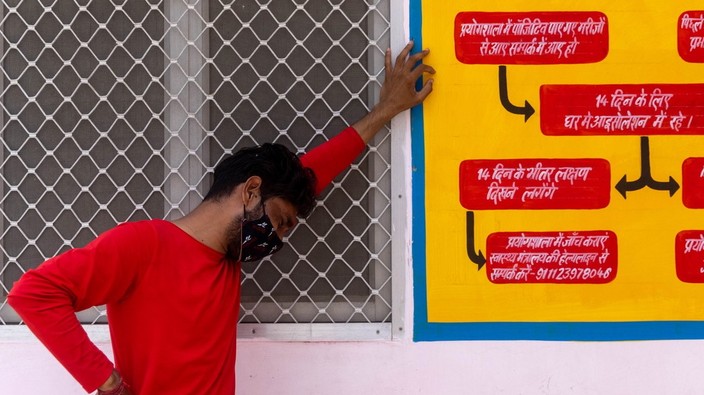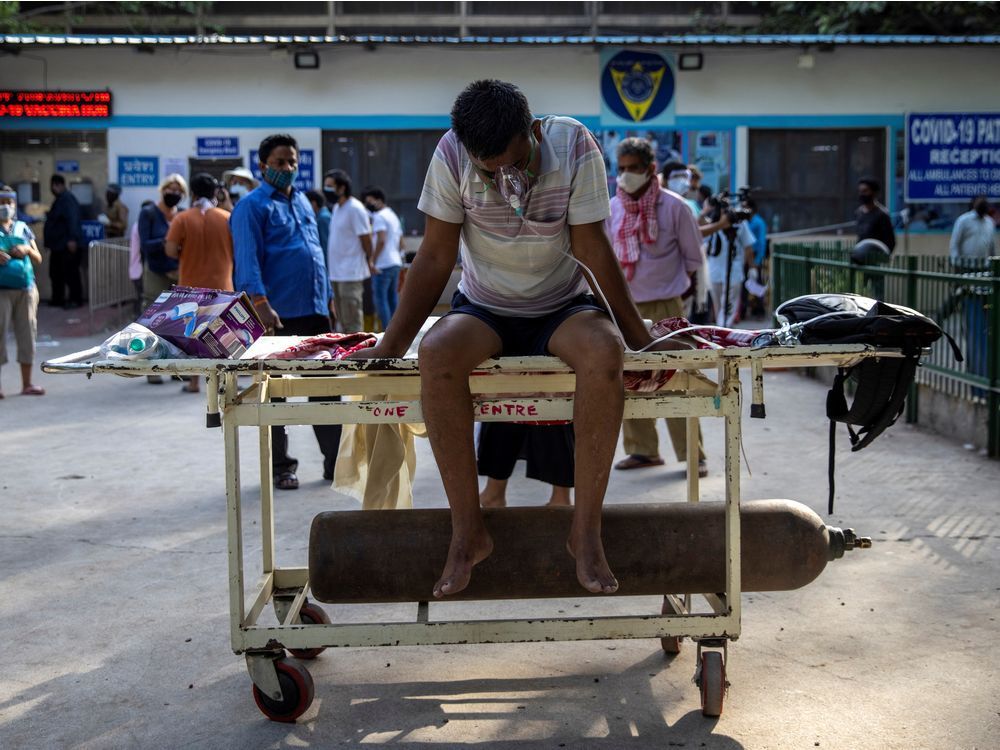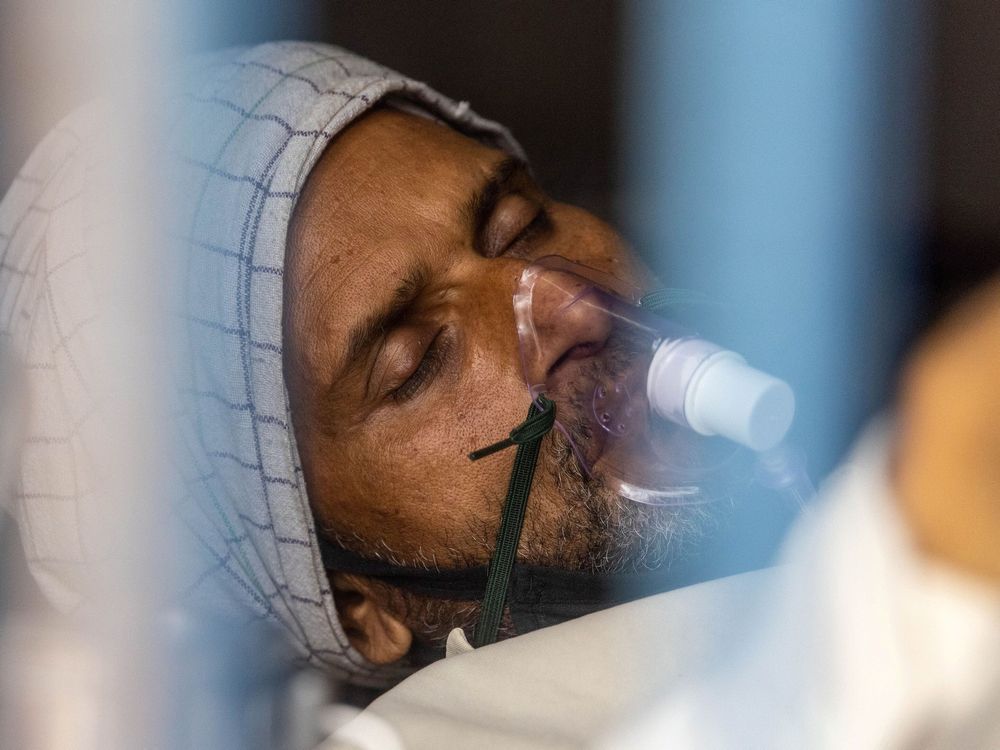while the covid-19 pandemic appears to be winding down in some parts of the world, a second wave has
exploded in india where officials have reported more than 300,000 new cases, per day, for 21 consecutive days as of may 12. the death toll is now over 254,000.adding to an already grim situation are reports of a potentially fatal fungal infection affecting covid-19 patients. as many as 300 cases of mucormycosis or “black fungus” have been reported in the indian state of maharashtra,
according to khusrav bajan, a member of the state’s covid-19 taskforce, and at least 300 more cases were
reported in the neighbouring state of gujarat.mucormycosis is an extremely rare disease caused by exposure to a group of molds called mucormycetes. the mold is ubiquitous and can be found in our air, soil, manure, plants and decaying organic matter.
how do you get black fungus? humans are in contact with fungal spores floating through the air every day. we inhale these microscopic particles without even knowing, and most of the time, they do not affect us at all. black fungus
tends to infect the bodies of people with weakened immune systems — which makes covid-19 patients extremely vulnerable.there are several types of mucormycosis that are often
correlated with specific conditions. the kind of mucormycosis spreading through india is an infection of the sinus that can spread to the brain, and tends to affect people who have had organ transplants or people with uncontrolled
diabetes. another type is more common in people with cancer. others are seen in young children born prematurely or people on certain medications that weaken the immune system. mucormycosis can also enter the body through a cut, burn or scrape.
in india, the
high levels of uncontrolled diabetes makes many people there not only more susceptible to a black fungus infection, but also to severe outcomes from covid-19.
some experts believe the use of steroids to treat covid-19 is triggering the development of the black fungus in patients.
what are the symptoms?according to the cdc, symptoms for the sinus and brain mucormycosis spreading through india include; one-sided facial swelling, headache, nasal or sinus congestion, black lesions on the nasal bridge or upper inside of mouth that quickly become more severe, and fever. there are different symptoms for other types of mucormycosis.
treatment the black fungus is
treated using several different antifungal medicines that are given to patients intravenously or orally depending on the circumstances. surgery may also be needed to remove the infected tissue. because the fungus attacks the sinus and eye area, the removal of tissue in that area can include the eye itself, and there are
reports of that happening in india.
prognosis mucormycosis is a very serious, aggressive infection often resulting in severe outcomes. it has about a
50 per cent death rate.
how common is it? the black fungus is quite rare, but
according to the cdc, the prevalence is somewhere around 1.7 cases per one million. the number of cases varies widely depending on the study you look at, but the cdc also states that it investigates one to three clusters per year in the united states, usually relating to someone who had an organ transplant.
nick beare is a writer with healthing.ca.
 2 minute read
2 minute read









